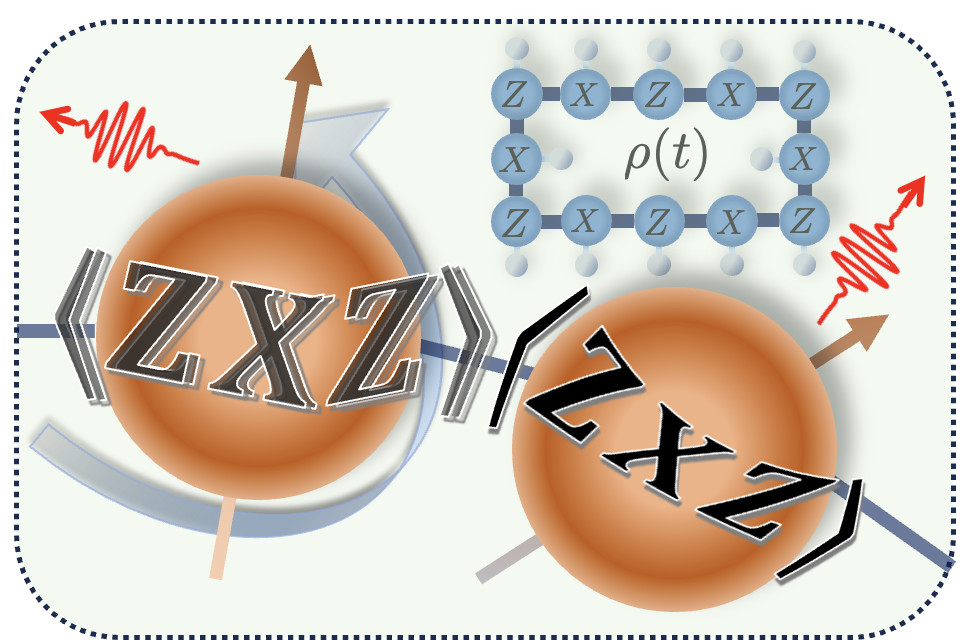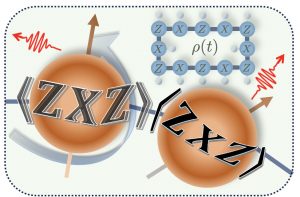A recent result [1] from researchers at IBM Quantum and IPhT shows that, for a quantum processor based on superconducting qubit technology, it is possible to model precisely and quantitatively the dynamics and loss of quantum coherence of the qubits over time, and gives fine-grained information both on the action of the environment and on unwanted interactions between the qubits.

Quantum computation could one day make it possible to perform certain tasks that are impossible for a classical computer. One emblematic example is the factorization of very large integers, which plays a central role in cryptography. One of the reasons why today's quantum processors are not yet capable of this is that qubits (quantum analogues of bits in classical computing) and operations on these qubits still have error rates that are too high. Qubits are not perfectly isolated, and interactions with their environment are responsible for the phenomenon of decoherence, which tends to destroy the very fragile quantum superpositions that are essential to the functioning of quantum algorithms.
In a work published in January 2024 [1] researchers from IBM Quantum and IPhT have shown that, for a quantum processor based on superconducting qubit technology, it is possible to accurately model these phenomena. The study combined the results of experiments carried out on an IBM quantum processor accessible via the cloud with numerical simulations. These simulations take into account various noise terms, but also parasitic interactions between the qubits, as well as interactions with certain electrostatic charges surrounding them. To incorporate the effects of correlations between qubits, the study used specific states called graph states, which exhibit quantum entanglement. The resulting model accurately and quantitatively describes the dynamics and loss of quantum coherence of the qubits over time, and provides detailed information on both the action of the environment and unwanted interactions between the qubits. This work opens the way to better control of these systems.


